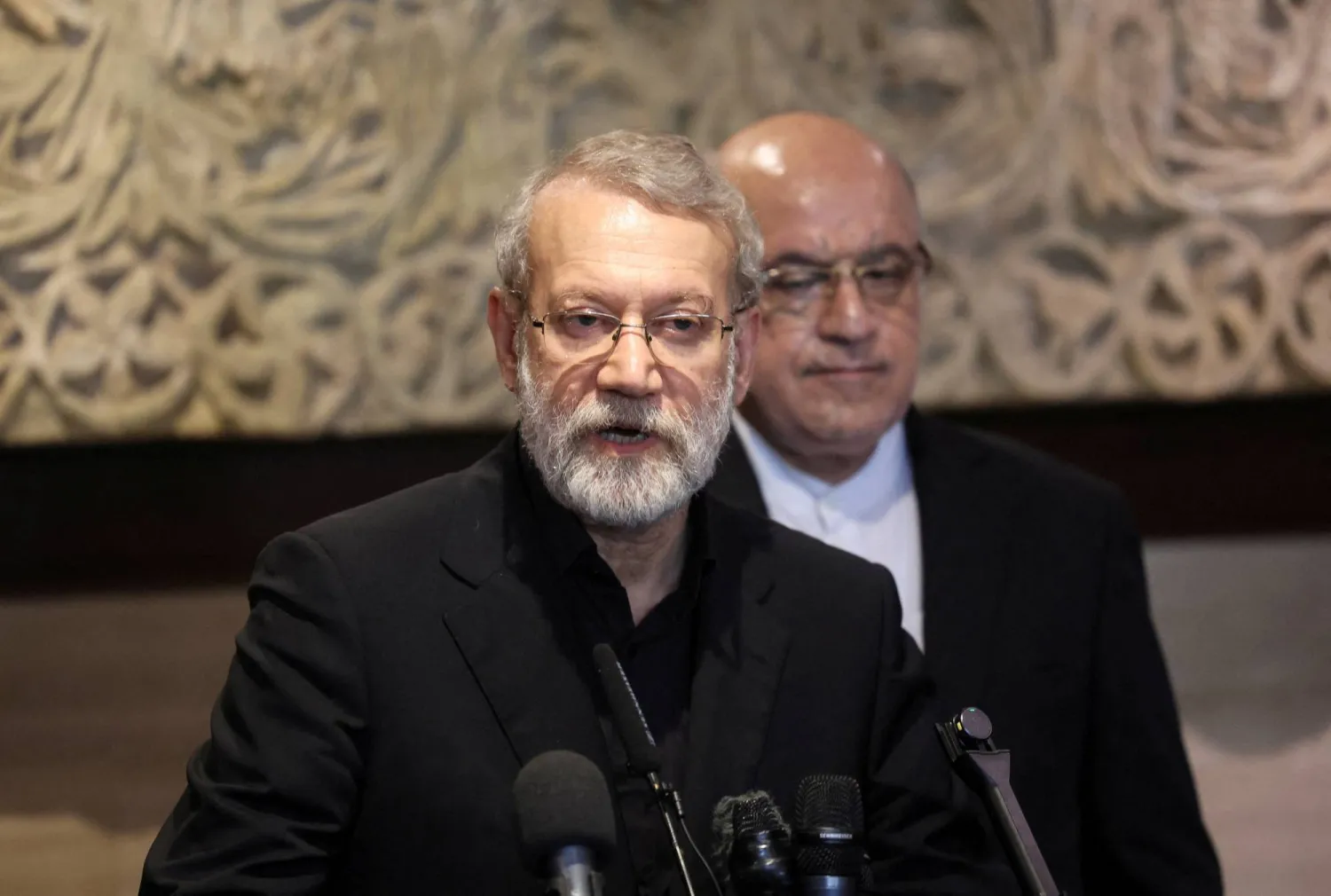German and Danish authorities said Thursday they have arrested three Syrian men on suspicion of planning a terrorist attack, and later five more terrorism-linked arrests were announced in Denmark.
It was not immediately clear whether all eight arrests were linked.
Klaus Tewes, spokesman for federal prosecutors in the eastern German town of Naumburg, said a warrant was issued for the three men, aged 33, 36 and 40, last weekend on charges of preparing a serious act of violence.
They're alleged to have purchased several kilograms of chemicals in January that could be used to manufacture explosives.
A search of a residence linked to the suspects in the city of Dessau-Rosslau, between Naumburg and Berlin, turned up 10 kilograms of black powder, and fuses.
Two of the suspects were arrested in Denmark, where more chemicals were seized. The third was arrested in Germany near Frankfurt. None of their names were given, The Associated Press reported.
Der Spiegel magazine reported that the three men were brothers, and that one of the two arrested in Denmark had been registered in Dessau. In addition to the chemicals, Spiegel reported that authorities found a homemade flag of ISIS in their search of the residence there.
In a separate statement Thursday afternoon, Danish authorities said that in addition to the two Syrians five more suspects had been arrested since the weekend. Their identities and nationalities were not made public.
The Danish Security and Intelligence Service said in a statement that all had been taken into custody from Feb. 6 to Feb. 8 on the island of Zealand, where Copenhagen sits.
They are suspected of “having planned one or more terrorist attacks or participated in attempted terrorism," AP quoted the statement as saying.
It was not immediately clear whether all were suspected of involvement in the same alleged terror plot or in different ones.
In a statement, the agency said the seven are suspected “of having acquired ingredients and components for the manufacture of explosives, as well as weapons, or having participated in this.”









